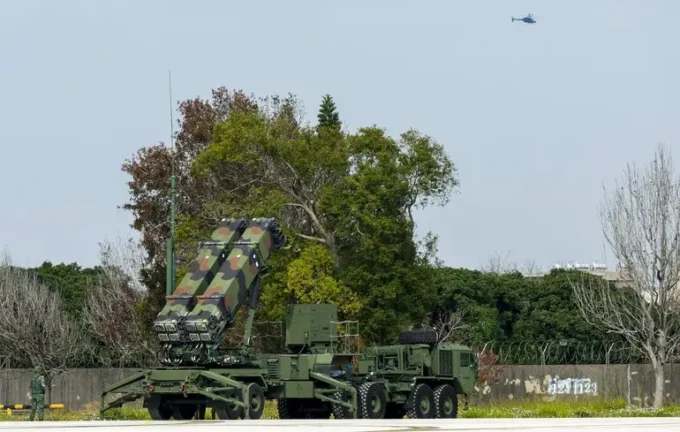How European Countries Will Finance Military Support to Ukraine: A Detailed Analysis of Future U.S. Arms Deliveries

In the context of global security concerns and escalating tensions, Europe is taking significant steps to bolster Ukraine's defense capabilities by leveraging a broad network of political and financial tools.
According to investigative reports, notably from The Washington Post, EU countries are actively exploring ways to increase their involvement in supplying arms to Kyiv, all while managing substantial internal budget constraints and political challenges.
Notably, Germany's recent constitutional amendments now permit it to borrow hundreds of billions of euros for military purposes, including acquiring weapons for Ukraine, enabling the purchase of advanced air defense systems and heavy weaponry.
Meanwhile, Norway, home to the world's largest sovereign wealth fund, plans to contribute additional financial aid to equip Ukrainian forces with Patriot missile systems.
Other nations—Denmark, Sweden, Finland, the UK, the Netherlands, and Canada—are also engaged in forming a collective assistance package, providing financial support and logistical backing.
However, several obstacles hinder these plans: questions about procurement and replacement of transferred systems, logistical chains, and incentives for those donating Patriot systems.
Experts highlight that one Patriot battery can cost over a billion dollars, and intercept missiles nearly 4 million per unit, posing significant financial challenges for participating countries.
Furthermore, Trump’s policy moves have intensified negotiations around potential deals, yet agreements remain incomplete, requiring further coordination among allies.
A key issue is sourcing these missile systems—whether countries donating Patriot batteries might receive priority or more favorable exchange deals, since shortages could leave others unprotected amid manufacturing delays.
Diplomatic debates also emerge, with EU representatives emphasizing that the U.S.
must contribute proportionally to its role in the conflict, while nations seek more transparent and rapid delivery and replacement mechanisms.
The conversation extends across a broad spectrum of military supplies—from radar and electronic warfare systems to drones and artillery—potentially reshaping the regional battlefield.
Major players such as the U.S., Germany, Norway, and others are determining their priorities within a geopolitically sensitive framework, aiming to support Ukraine while navigating political risks and internal commitments.
These developments signal an active military-political cooperation between Brussels and Washington, which will undoubtedly influence the ongoing conflict resolution and shape the international security strategy.

